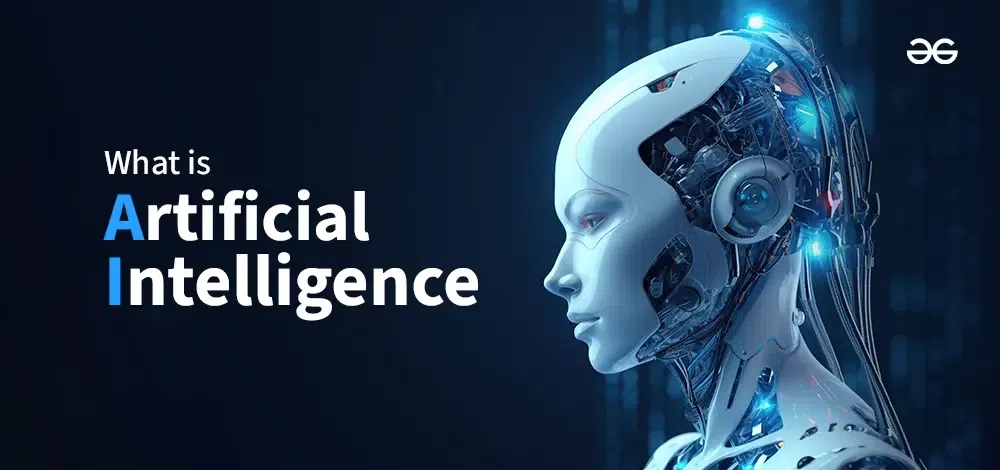Rise by Six: Your Daily Dose of Inspiration
Explore insights and stories that elevate your day.
AI or Not to AI: That is the Question
Explore the AI dilemma: Should we embrace technology or resist it? Discover the pros and cons in our latest blog post!
The Impact of AI on Everyday Life: A Double-Edged Sword
Artificial Intelligence (AI) has undeniably transformed everyday life, enhancing convenience and efficiency in ways that were once unimaginable. From voice-activated virtual assistants like Alexa and Siri to personalized recommendations on platforms like Netflix and Amazon, AI algorithms have become integral in shaping our daily experiences. Moreover, in sectors such as healthcare, AI assists in diagnostics and treatment plans, which can lead to improved patient outcomes. However, as we embrace these technological advancements, we must also consider the potential downsides they bring, as the integration of AI into our lives often presents a double-edged sword.
On one hand, AI promotes innovation and productivity, but on the other, it raises concerns regarding privacy, job displacement, and dependency. For instance, the increasing reliance on AI-driven solutions can lead to vulnerabilities when it comes to data security, as personal information is often stored and processed in cloud systems. Furthermore, as machines take over repetitive tasks, many fear job loss and a future where human roles are diminished. As society navigates these complexities, it is crucial to find a balance between harnessing the power of AI and addressing the ethical considerations that accompany its rise in everyday life.

Is AI Creating More Jobs or Taking Them Away?
The debate surrounding whether AI is creating more jobs or taking them away is complex and multi-faceted. On one hand, automation and intelligent systems have the potential to significantly disrupt traditional job markets, leading to the displacement of workers in sectors such as manufacturing and customer service. However, AI also drives innovation and efficiency, which can result in the emergence of new roles that weren't previously envisioned. For instance, as businesses integrate AI technologies, there is an increasing demand for professionals in fields like data analysis, machine learning, and AI ethics, which can create substantial job opportunities.
Moreover, the impact of AI on employment is not uniform across industries. In sectors such as healthcare and technology, AI is often viewed as a tool that can enhance human capabilities rather than replace them. For example, AI can assist doctors in diagnosing diseases more accurately, allowing healthcare professionals to focus on patient care. Thus, rather than solely perceiving AI as a threat to employment, it's essential to recognize its potential to transform the workforce by redefining existing roles and creating new career paths tailored to an increasingly digital economy.
10 Myths About Artificial Intelligence Debunked
Artificial Intelligence (AI) is often shrouded in myths and misconceptions that can cloud our understanding of this transformative technology. One common myth is that AI can think and feel like a human. While AI systems can process information and learn from data, they operate on algorithms and do not possess emotions or consciousness. This misunderstanding can lead to unrealistic expectations about AI's capabilities and responsibilities.
Another prevalent myth is that AI will inevitably lead to massive job losses. While it is true that AI will change the job landscape, it is important to recognize that it will also create new opportunities and roles. History shows that technological advancements often lead to the evolution of jobs rather than outright extinction. In fact, a report by the World Economic Forum suggests that AI could create more jobs than it displaces in the near future, emphasizing the need for retraining and upskilling the workforce to adapt to these changes.